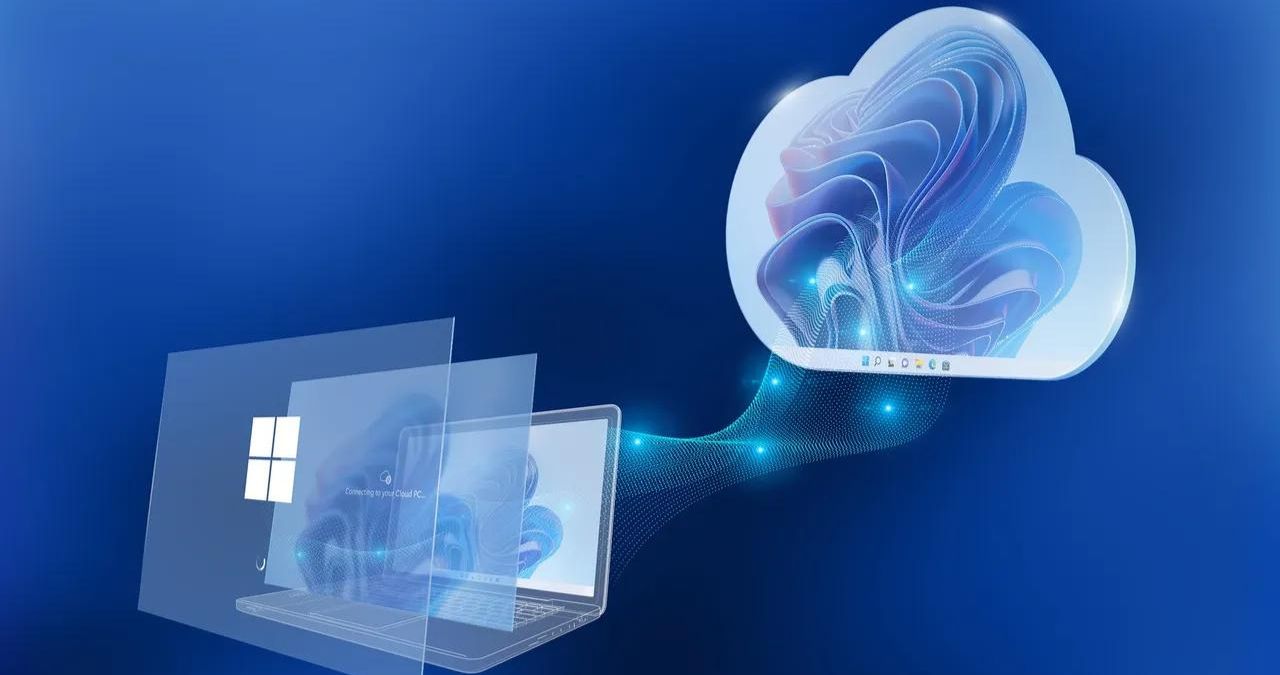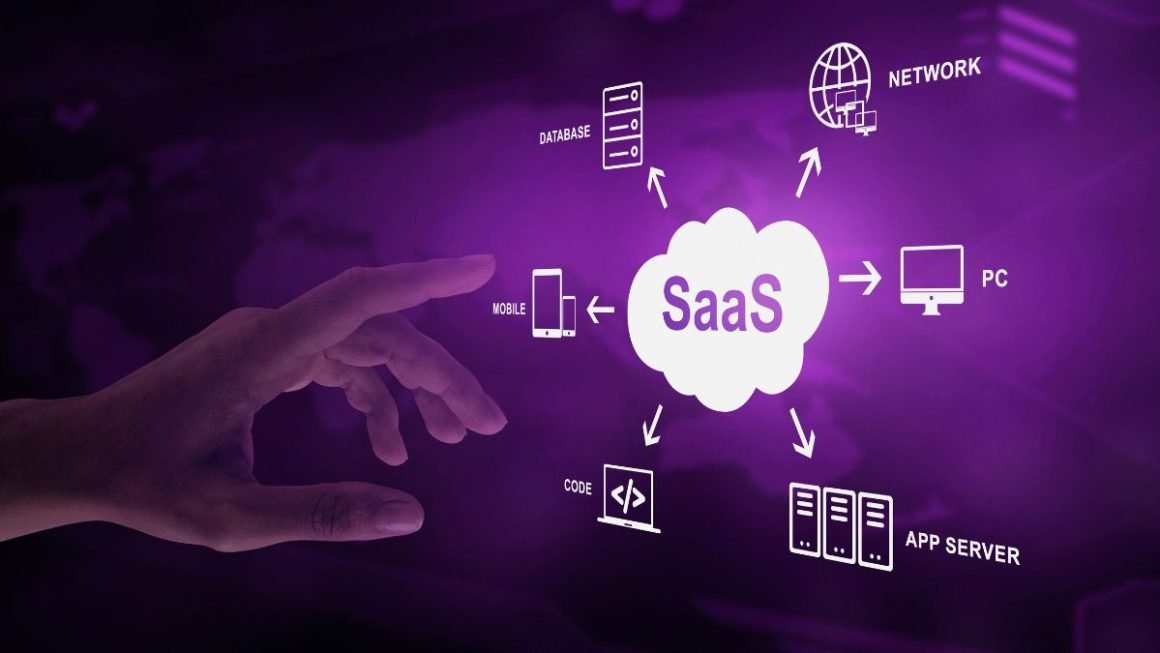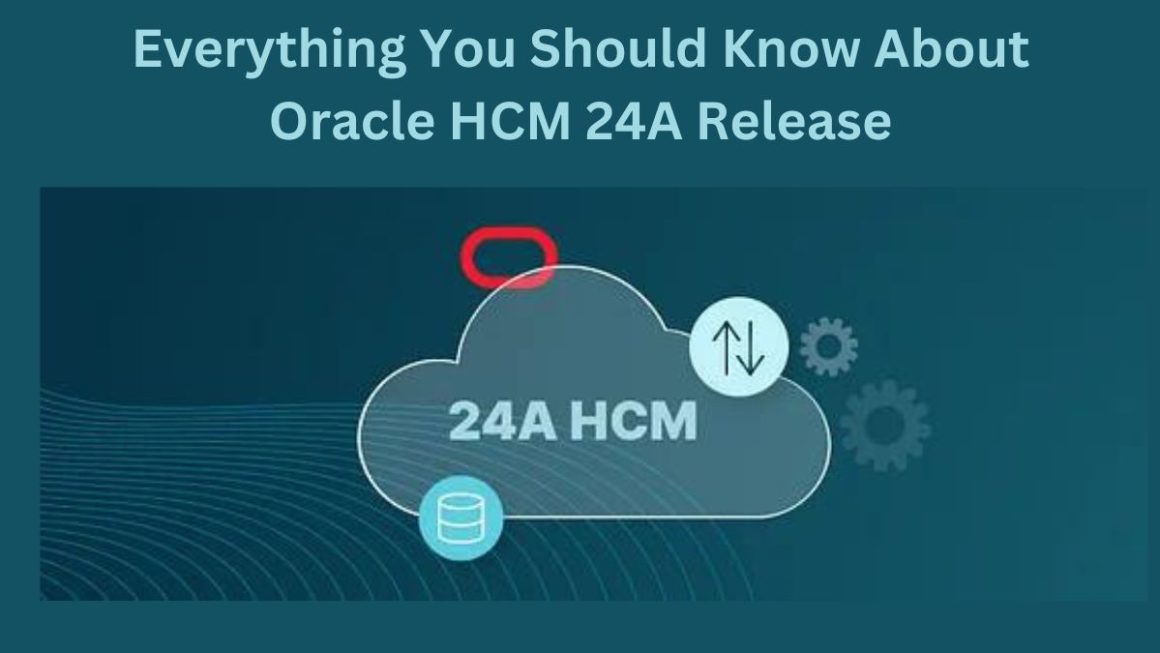Microsoft has wanted to push Windows into the cloud for years. The end of the tunnel could finally arrive, according to internal documents revealed in an investigation by the American FTC.
Microsoft is struggling to make its dream of Windows in the cloud a reality. (credit: Microsoft)
A decade ago, the cloud was a buzzword. Everything had to be accessible everywhere. And that’s what happened: with a bit of preparation and a decent connection, it’s now possible to access almost anything from anywhere, from a .doc file to a resume to a movie library or full streaming PC games. It is, therefore, logical to see Microsoft working for a long time to make all of Windows accessible to PC clients from the cloud. While this is still a distant horizon, information about it has come to light as part of a hearing of Microsoft by the American Federation of Commerce (FTC) during the attempted acquisition of Activision- Blizzard.
Windows 365, aka Cloud PC, launched two years ago (before this internal document), is a small step towards this reality. On the one hand, it is only available for enterprises and is therefore not suitable for the type of common users that Microsoft needs to change the market radically. Second, it is part of the Azure platform, which means management is centralized from an IT department perspective. It also needs more consumer-oriented features, like multimedia tools or more hands-on support for first-time users.
Trials already conclusive elsewhere
The FTC hearing uncovered much behind-the-scenes stuff from the company on its project. As The Verge reports, one of the Redmond firm’s long-term goals (according to internal documentation dated 2022) is to move Windows 11 increasingly to the cloud. According to this document, this would amount to distributing a complete Windows OS from the cloud to any terminal.
The idea is familiar with VDI offers (virtual desktop infrastructure) development. Vendors like VMWare or Citrix already offer these solutions at the enterprise level, and services like Shadow even provide a complete remote Windows machine directly to the general public.
Leave time to time?
The objective of making Windows a completely dematerialized system aligns with the efforts made in recent years by Microsoft on the market. After all, a full operating system, paid for as a monthly subscription, would be the best software as a service possible, and delivering it to silent screens would require incredibly inexpensive hardware. Unless it is the phones, tablets and televisions that users have already purchased? As evidenced by the Xbox Game Pass initiative for cloud gaming, the company has the infrastructure to make it happen. But if that capability can ensure an experience smooth enough to sell to everyday consumers,
While a corporate customer moving to the cloud can guarantee a high-quality connection to its users, this is not the case for the general public, even in seemingly wealthy countries like the United States. The idea of losing all the capabilities of your computer the moment you move away from a robust broadband connection will be difficult to accept. We don’t know if, a year later, Microsoft is still interested in this cloud-based project when all its press releases talk about AI integration. But it’s a safe bet that the company is still working on this idea.
Also Read : How To Analyze Data In Real-Time And Solve Your Problems




